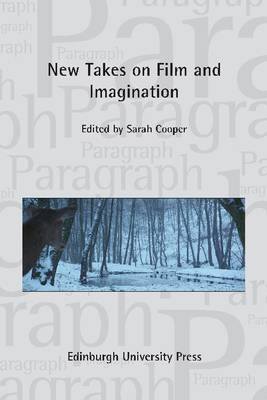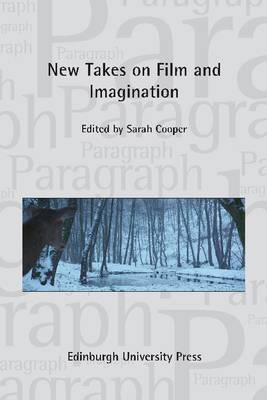
- Retrait gratuit dans votre magasin Club
- 7.000.000 titres dans notre catalogue
- Payer en toute sécurité
- Toujours un magasin près de chez vous
- Retrait gratuit dans votre magasin Club
- 7.000.0000 titres dans notre catalogue
- Payer en toute sécurité
- Toujours un magasin près de chez vous
New Takes on Film and Imagination
Paragraph, Volume 43, Issue 3
Description
In contemporary film theory, cognitivist specialists have demonstrated the most sustained interest in imagination, pioneering an earlier wave of scholarship on this topic, principally with reference to spectatorship. In the 1990s, investigations into identification and mental simulation on the part of spectators (Gregory Currie) and the theorization of viewers as imaginative agents (Murray Smith) spearheaded just some of the studies of imagining as a cognitive process, which took as their principal object of analysis mainstream cinema. This volume acknowledges the inspiration of earlier cognitivist accounts and is not conceived as a break with the old. It does seek, though, to explore questions that were not covered in that earlier research and thereby further cognitive enquiry, as well as open consideration of film and imagination to other theories and philosophies, in addition to a broader selection of films.
Spécifications
Parties prenantes
- Editeur:
Contenu
- Nombre de pages :
- 128
- Langue:
- Anglais
- Collection :
Caractéristiques
- EAN:
- 9781474477604
- Date de parution :
- 01-12-20
- Format:
- Livre broché
- Format numérique:
- Trade paperback (VS)
- Dimensions :
- 155 mm x 231 mm
- Poids :
- 340 g

Les avis
Nous publions uniquement les avis qui respectent les conditions requises. Consultez nos conditions pour les avis.





